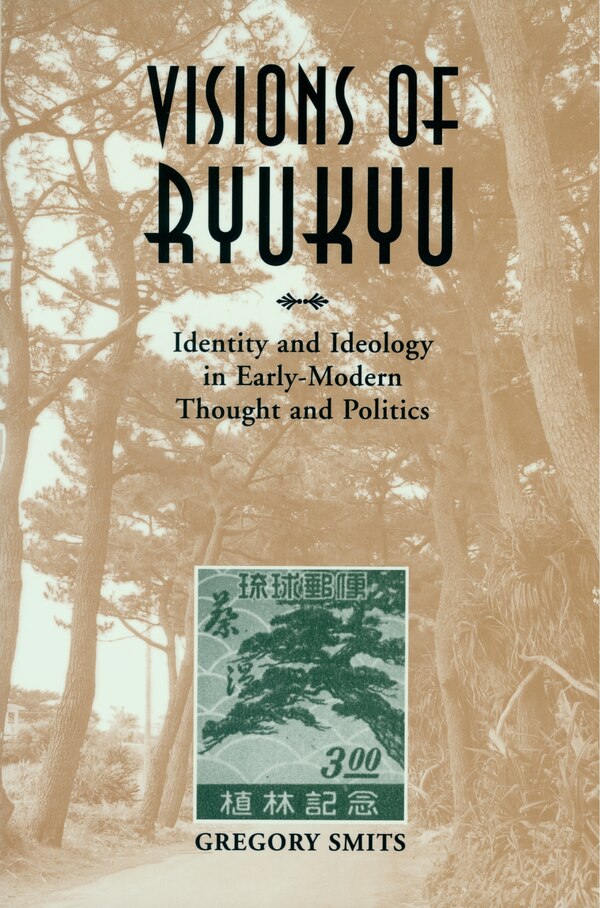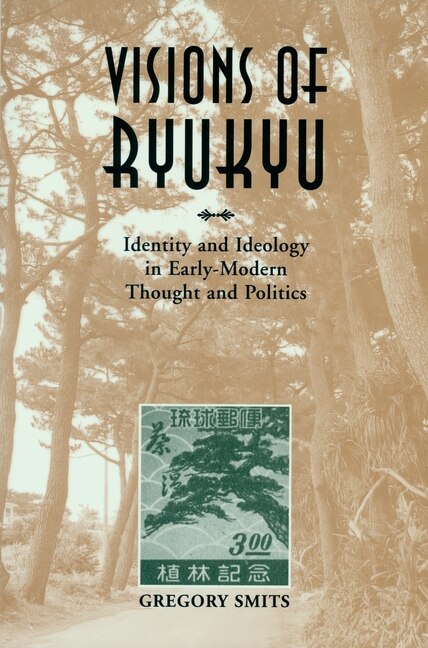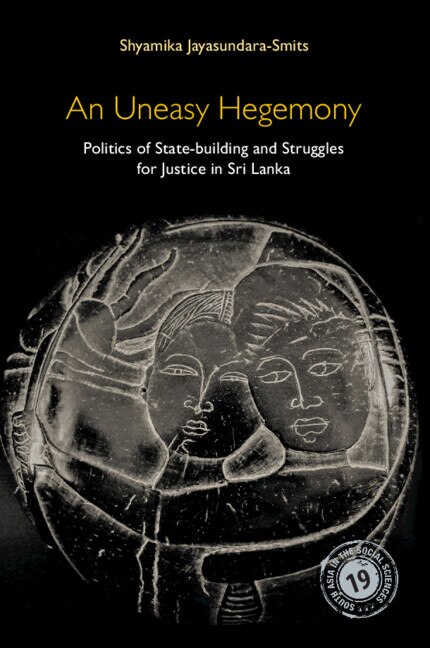Home
Visions Of Ryukyu by GREGORY SMITS, Hardcover | Indigo Chapters
Loading Inventory...
Indigo
Visions Of Ryukyu by GREGORY SMITS, Hardcover | Indigo Chapters
From GREGORY SMITS
Current price: $100.00


Indigo
Visions Of Ryukyu by GREGORY SMITS, Hardcover | Indigo Chapters
From GREGORY SMITS
Current price: $100.00
Loading Inventory...
Size: 0.9 x 9.1 x 500
*Product information may vary - to confirm product availability, pricing, shipping and return information please contact Indigo
Between 1609 and 1879, the geographical, political, and ideological status of the Kingdom of Ryukyu (modern Okinawa) was characterized by its ambiguity. It was subordinate to its larger neighbors, China and Japan, yet an integral part of neither. A Japanese invasion force from Satsuma had conquered the kingdom in 1609, resulting in its partial incorporation into Tokugawa Japan’s bakuhan state. Given Ryukyu’s long-standing ties with China and East Asian foreign relations following the rise of the Qing dynasty, however, the bakufu maintained only an indirect link with Ryukyu from the mid-seventeenth century onward. Thus Ryukyu was able to exist as a quasi-independent kingdom for more than two centuries—albeit amidst a complex web of trade and diplomatic agreements involving the bakufu, Satsuma, Fujian, and Beijing. During this time, Ryukyu’s ambiguous position relative to China and Japan prompted its elites to fashion their own visions of Ryukyuan identity. Created in a dialogic relationship to both a Chinese and Japanese Other, these visions informed political programs intended to remake Ryukyu. In this innovative and provocative study, Gregory Smits explores early modern perceptions of Ryukyu and their effect on its political culture and institutions. He describes the major historical circumstances that informed early modern discourses of Ryukyuan identity and examines the strategies used by leading intellectual and political figures to fashion, promote, and implement their visions of Ryukyu. Early modern visions of Ryukyu were based on Confucianism, Buddhism, and other ideologies of the time. Eventually one vision prevailed, becoming the theoretical basis of the early modern state by the middle of the eighteenth century. Employing elements of Confucianism, the scholar and government official Sai On (1682–1761) argued that the kingdom’s destiny lay primarily with Ryukyuans themselves and that moral parity with Japan and China was within its grasp. Despite Satsuma’s control over its diplomatic and economic affairs, Sai envisioned Ryukyu as an ideal Confucian state with government and state rituals based on the Chinese model. In examining Sai’s thought and political program, this volume sheds new light on Confucian praxis and, conversely, uncovers one variety of an East Asian “prenational" imagined political/cultural community. | Visions Of Ryukyu by GREGORY SMITS, Hardcover | Indigo Chapters















